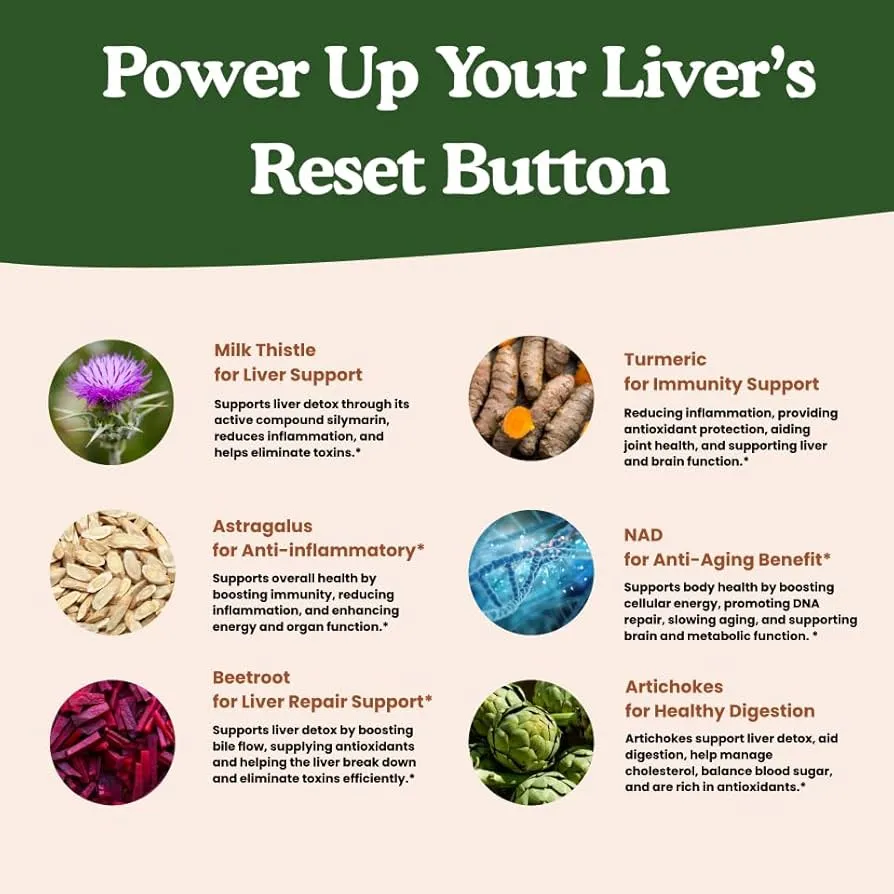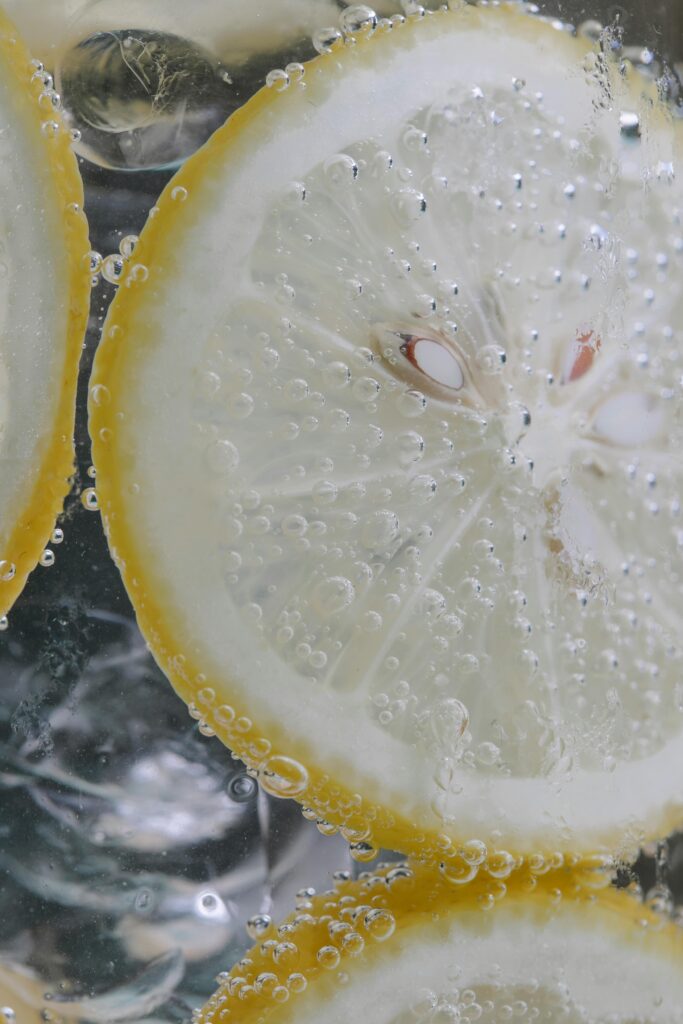The Power of Antioxidants: How They Can Support Your Liver
Introduction
The liver is one of the most vital organs in the human body, responsible for a wide range of functions, including detoxification, metabolism, and nutrient storage. However, the liver is also highly susceptible to damage from oxidative stress, which occurs when there is an imbalance between the production of harmful free radicals and the body’s ability to neutralize them.
Antioxidants are compounds that can help protect the liver from oxidative stress by neutralizing free radicals and reducing inflammation. In this article, we will explore the role of antioxidants in supporting liver health and discuss how they can be incorporated into your diet and lifestyle to promote optimal liver function.
What are antioxidants?
Antioxidants are compounds that prevent or slow down damage to cells caused by free radicals, which are highly reactive molecules that can cause oxidative stress and damage to cells and tissues. Free radicals are produced as byproducts of normal metabolic processes, as well as from exposure to environmental toxins, such as pollution, cigarette smoke, and UV radiation.
There are many different types of antioxidants, including vitamins (such as vitamin C and vitamin E), minerals (such as selenium and zinc), and phytochemicals (such as flavonoids and carotenoids). Antioxidants work by donating electrons to free radicals, thereby neutralizing their harmful effects and preventing damage to cells.
How do antioxidants support liver health?
The liver is particularly vulnerable to oxidative stress because it is constantly exposed to a high level of free radicals as it performs its detoxification functions. Antioxidants play a crucial role in protecting the liver from oxidative damage and supporting its overall health and function in the following ways:
1. Neutralizing free radicals: Antioxidants can neutralize free radicals before they can cause damage to liver cells and tissues. By scavenging free radicals, antioxidants help to reduce inflammation and prevent oxidative stress in the liver.
2. Enhancing detoxification: The liver is responsible for metabolizing and detoxifying harmful substances, such as drugs, alcohol, and environmental toxins. Antioxidants can support the liver’s detoxification processes by boosting the activity of enzymes involved in detoxification and promoting the excretion of toxins from the body.
3. Reducing inflammation: Chronic inflammation is a key driver of liver damage and disease, such as fatty liver disease, hepatitis, and cirrhosis. Antioxidants have anti-inflammatory properties that can help to reduce inflammation in the liver and protect against the development of liver disease.
4. Supporting liver regeneration: The liver has a remarkable ability to regenerate itself after injury or damage. Antioxidants can support liver regeneration by promoting the growth and repair of liver cells, as well as by reducing oxidative stress and inflammation in the liver.
How to incorporate antioxidants into your diet and lifestyle
There are many ways to incorporate antioxidants into your diet and lifestyle to support liver health and overall well-being. Here are some tips for getting more antioxidants in your daily routine:
1. Eat a variety of antioxidant-rich foods: Include a wide range of fruits, vegetables, nuts, seeds, whole grains, and legumes in your diet to ensure you are getting a diverse array of antioxidants. Some of the best sources of antioxidants include berries, citrus fruits, leafy greens, nuts, seeds, and colorful vegetables.
2. Choose organic and locally grown produce: Organic fruits and vegetables tend to have higher levels of antioxidants than conventionally grown produce, as they are not exposed to pesticides and other chemicals that can deplete antioxidant levels. Locally grown produce is also fresher and retains more nutrients than produce that has been shipped long distances.
3. Cook with antioxidant-rich herbs and spices: Herbs and spices are a great way to add flavor and antioxidants to your meals. Some of the most antioxidant-rich herbs and spices include turmeric, ginger, cinnamon, oregano, and rosemary. Add these herbs and spices to your cooking to boost the antioxidant content of your meals.
4. Drink antioxidant-rich beverages: Green tea, black tea, and herbal teas are all rich in antioxidants that can support liver health and overall well-being. Try swapping out sugary beverages for antioxidant-rich teas to reduce inflammation and oxidative stress in the body.
5. Supplement with antioxidants: In addition to getting antioxidants from your diet, you can also consider taking antioxidant supplements to support liver health. Some popular antioxidant supplements for liver support include vitamin C, vitamin E, selenium, zinc, and milk thistle extract.
FAQs about antioxidants and liver health
Q: Can antioxidants prevent liver disease?
A: While antioxidants cannot cure liver disease, they can help to prevent liver damage and support liver health by reducing inflammation, neutralizing free radicals, and supporting detoxification processes.
Q: Are there any side effects of taking antioxidant supplements?
A: In general, antioxidant supplements are safe for most people when taken in recommended doses. However, high doses of certain antioxidants, such as vitamin E and beta-carotene, may increase the risk of certain health conditions, such as cancer and heart disease.
Q: How long does it take to see the benefits of antioxidants for liver health?
A: The benefits of antioxidants for liver health may vary depending on the individual’s diet, lifestyle, and overall health. In general, it may take several weeks to months of consistent antioxidant intake to see noticeable improvements in liver function and health.
Q: Can antioxidants reverse liver damage?
A: While antioxidants can help to protect the liver from further damage and support liver regeneration, they may not be able to reverse severe liver damage or advanced liver disease. It is important to consult with a healthcare provider for personalized advice on managing liver health and addressing liver damage.
Conclusion
Antioxidants play a crucial role in supporting liver health by protecting the liver from oxidative stress, reducing inflammation, and promoting detoxification processes. By incorporating antioxidant-rich foods, herbs, spices, and supplements into your diet and lifestyle, you can help to support optimal liver function and reduce the risk of liver disease. If you have any concerns about your liver health or are experiencing symptoms of liver damage, it is important to consult with a healthcare provider for proper evaluation and treatment. Remember, prevention is always the best medicine when it comes to protecting your liver and overall well-being.


